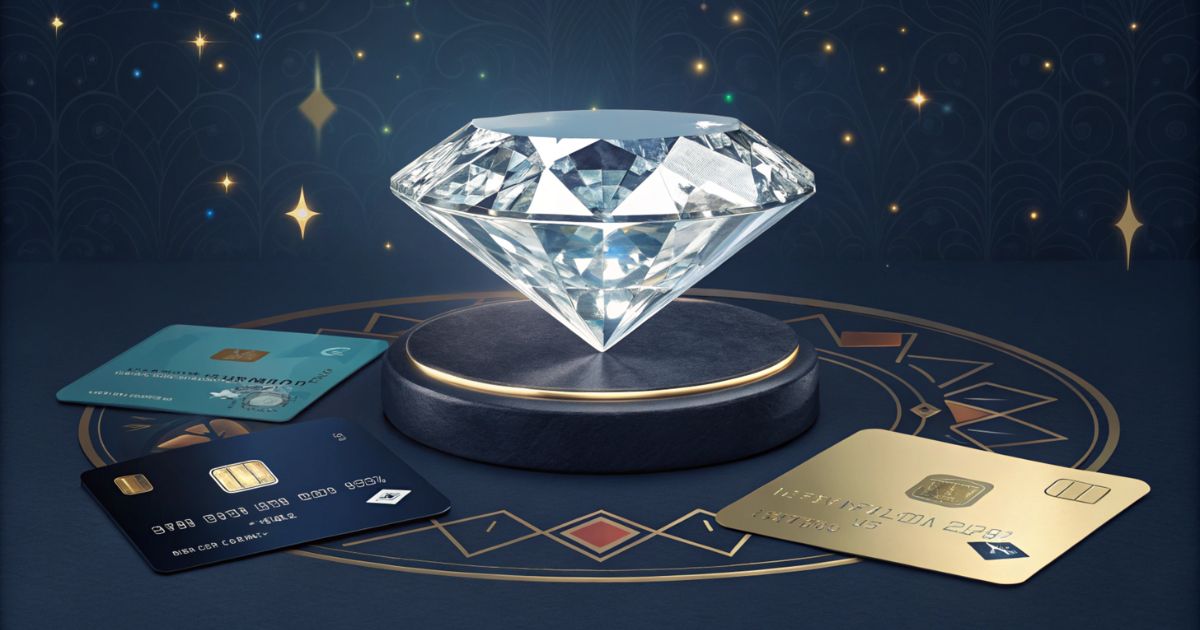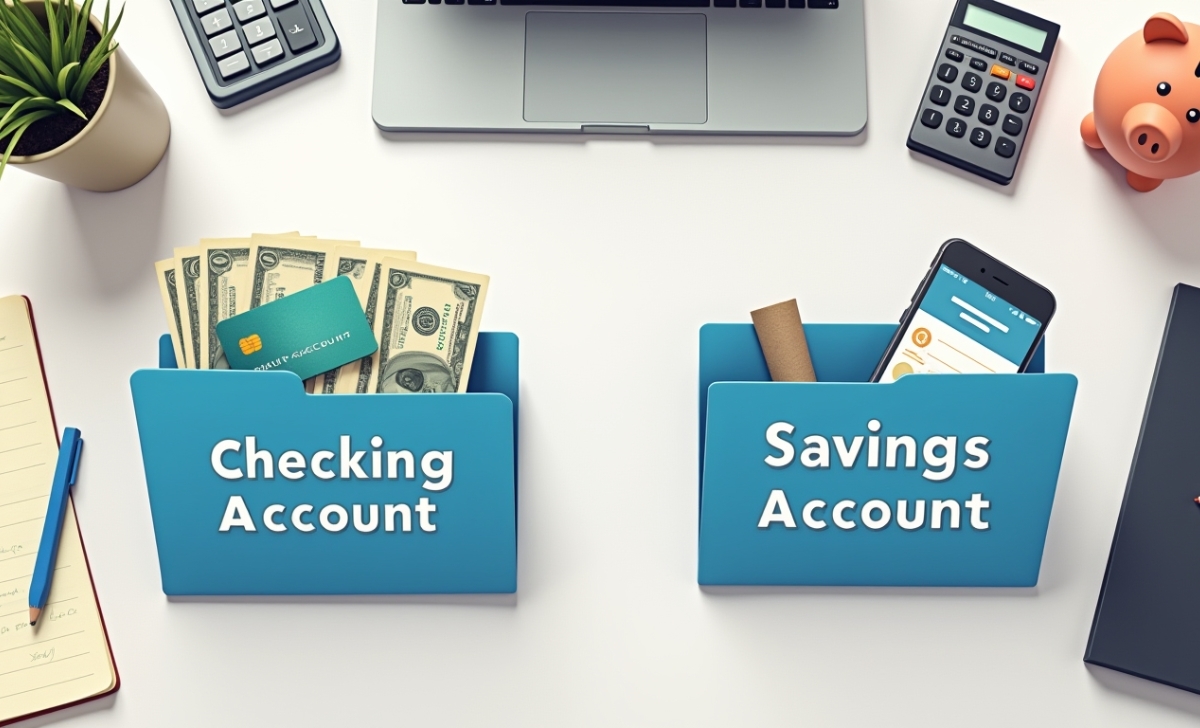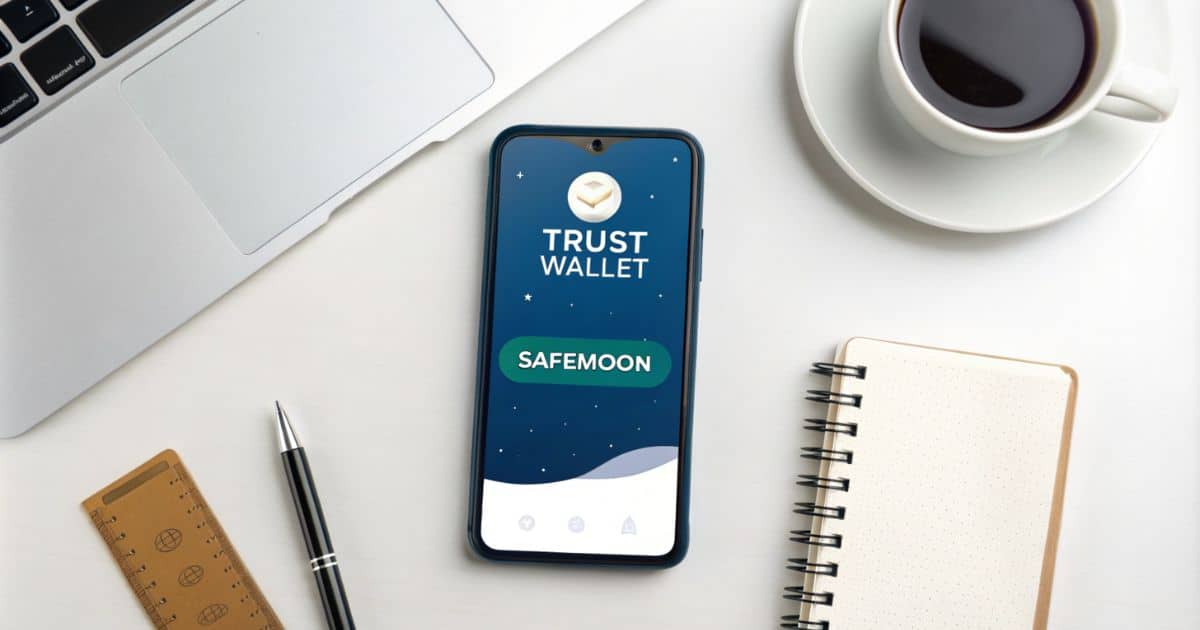Have you ever scanned your credit card statement only to spot a charge labeled BBCW Merchant and wondered, “what is BBCW Merchant on credit card statement?” You’re not alone—many of us have found ourselves puzzled by unfamiliar transaction codes and merchant names that seem to come out of nowhere. These cryptic abbreviations can often lead to frustration, confusion, and even concerns over potential unauthorized charges.
In this guide, we’re diving deep into what BBCW Merchant represents, helping you uncover why it appears on your statement, and giving you practical steps to confirm if the charge is legitimate or if action is needed. From understanding the common reasons behind these transactions to knowing exactly what to do when charges seem unfamiliar, this post is here to clear up any uncertainties.
So, before you hit the panic button or spend hours on hold with your credit card provider, let’s break down the mystery of BBCW Merchant charges and equip you with the knowledge you need to keep your finances in check.
Key takeaways
- BBCW Merchant charges on your credit card statement may stem from online purchases, subscriptions, or services processed through third-party vendors.
- Many companies use generalized merchant names like BBCW to streamline billing and enhance transaction security.
- Understanding your credit card statement and common terms can help you verify unfamiliar charges and avoid confusion.
- If a BBCW charge seems suspicious, you can verify it by reviewing recent purchases, checking email receipts, or contacting customer service.
- Knowing how to dispute unauthorized charges and set up alerts can strengthen your financial security and prevent future unauthorized transactions.
Understanding Credit Card Statements
Have you ever looked at your credit card statement and felt like you’re reading another language? Credit card statements can seem complicated, but they actually follow a fairly standard format designed to make it easier for you to understand your spending. Let’s break down what makes up a typical credit card statement so you can confidently spot any unfamiliar charges—like that mysterious BBCW Merchant label—and know exactly what each section means.
Key Components of a Credit Card Statement
Each credit card statement generally includes the following sections, all aimed at helping you manage your account and stay on top of your finances:
- Account Summary: This is the big picture view of your account, showing your balance, payment due date, credit limit, and available credit. It’s a great section to get a quick snapshot of your spending and available credit.
- Transaction Details: This section lists each individual charge made during the billing cycle. This is where you might spot unfamiliar charges like BBCW Merchant. Each transaction will usually show the merchant name, transaction date, and the amount spent.
- Payment Information: Here, you’ll find the minimum payment due, your last payment, and any applicable fees. It’s important to check this section regularly, especially if you’re working to reduce debt or avoid late fees.
- Rewards Summary (if applicable): Many credit cards offer rewards for spending, like cashback or travel points. This section gives you an overview of any rewards earned or redeemed in the last cycle. Keeping track of this can help you maximize your card benefits.
Common Codes and Terms Explained
Credit card statements also use specific terms and codes to summarize your activity. Here are a few that might help clarify things:
- Merchant Codes: Merchants are often identified by a short code. For example, BBCW Merchant is one such name that might be tied to a specific category of transactions. Understanding these codes can quickly tell you what type of purchase was made and where.
- Transaction Dates vs. Posting Dates: The transaction date is the day you made the purchase, while the posting date is when the charge officially shows up on your account. This can explain any timing gaps you see.
- Authorization Holds: Sometimes, a temporary hold is placed on your account before a transaction is finalized. If you see an unfamiliar name like BBCW Merchant as a hold, it may be related to a pending charge that could adjust once the merchant processes the transaction.
Why Knowing Your Credit Card Statement Matters
Understanding your credit card statement isn’t just about verifying charges—it’s a crucial part of managing your financial health. Familiarity with each section can help you:
- Spot unauthorized or unexpected charges early
- Stay within your credit limit and avoid overspending
- Track patterns in your spending that might suggest areas to cut back
- Maximize any rewards and benefits your card offers
So, as you scan through your next statement, take a moment to look at each section with a fresh eye. Understanding it fully can turn what might seem like confusing code into valuable insight—especially when dealing with names like BBCW Merchant that can otherwise leave you scratching your head.
What is BBCW Merchant?
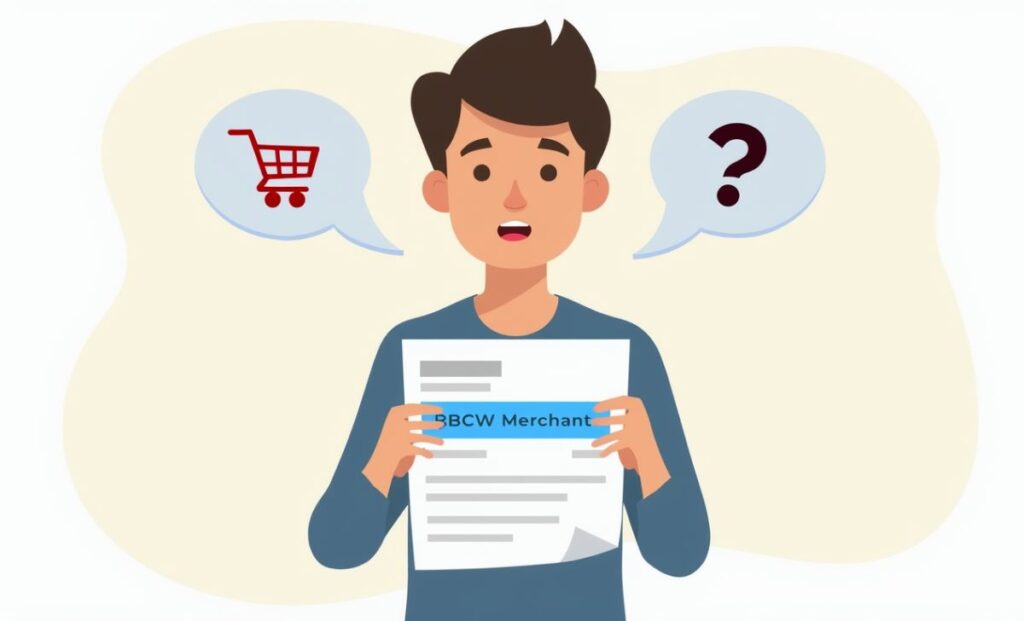
If you’ve stumbled upon a charge labeled BBCW Merchant on your credit card statement, you’re likely wondering what it actually represents. This isn’t the most intuitive name, and without some context, it can easily lead to confusion. Let’s take a closer look at what BBCW Merchant typically signifies and why you might see it on your statement.
BBCW Merchant: The Basics
In many cases, BBCW Merchant is associated with transactions made through a variety of vendors or online marketplaces. Often, these charges relate to purchases of specific categories, like technology products, online services, or even certain retail items. Here’s a breakdown to help clarify what it might represent:
- Broad Categories of Products and Services: BBCW could be linked to an umbrella company that processes transactions for a variety of services. This means it might appear on your statement for anything from digital subscriptions to retail purchases.
- Online and Third-Party Marketplaces: Sometimes, third-party payment processors will list a generalized merchant name on statements, especially when dealing with several smaller vendors or international transactions. This can make a charge appear vague.
- Membership or Subscription Services: If you’ve recently signed up for a membership or recurring service, especially one associated with media, entertainment, or technology, there’s a good chance that BBCW Merchant could be linked to this type of transaction.
Industries Commonly Associated with BBCW
To give you a better sense of where BBCW Merchant might stem from, here are a few industries that frequently use generalized merchant names like this one:
- Technology Services: Some tech companies consolidate transactions through merchant accounts like BBCW to simplify billing for software or digital products.
- Entertainment Subscriptions: BBCW could represent charges from streaming platforms, digital media services, or even gaming subscriptions where billing may be outsourced.
- Retail and E-commerce Platforms: Certain e-commerce sites, especially those that offer a wide range of products, might use BBCW for processing. This is especially common with international retailers.
Why Do Merchant Names Appear Differently?
It might feel misleading to see BBCW Merchant instead of a specific store or brand name. However, this naming convention is often used to standardize payments or process them securely through third-party providers. Here’s why:
- Streamlined Billing: By consolidating transactions, companies can streamline their billing processes and provide added security. For example, if a tech company uses BBCW as a processor, your sensitive card information might stay more secure since fewer entities handle it directly.
- Subscription Services: For recurring payments, merchant names are sometimes abbreviated to reduce confusion across billing cycles, particularly with international services that might be harder to identify otherwise.
- Privacy Considerations: Some companies use generic names to keep purchases discreet. This can be especially true for memberships or online purchases where privacy is important.
How to Confirm if the BBCW Charge is Legitimate
If you’re still unsure, here are a few steps to verify whether the BBCW Merchant charge is legitimate:
- Check Your Recent Purchases: Go through any recent purchases or subscriptions that may match the amount and date of the BBCW charge.
- Contact the Merchant Directly: If you’re able to determine which company is associated with BBCW, reach out to them for clarification. Many merchants are accustomed to helping customers understand charges on statements.
- Look for Familiar Dates or Amounts: Sometimes, seeing the exact date or amount can jog your memory about a purchase you may have overlooked.
Understanding what BBCW Merchant represents can help you stay on top of your finances and identify any charges that seem off. With this knowledge, you can rest assured that even if the name is unfamiliar, you have the tools to trace its origin and ensure it aligns with your actual spending.
Why BBCW Merchant Appears on Your Statement
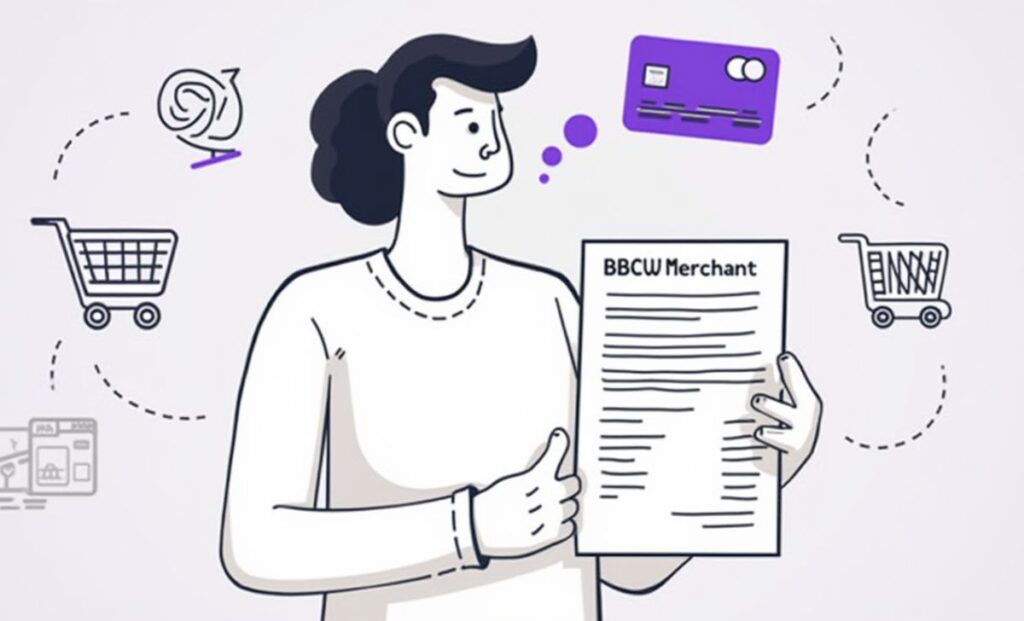
Have you ever scrolled through your credit card transactions and found yourself questioning, “Why is this BBCW Merchant charge here?” If the name sounds unfamiliar, it’s natural to be concerned. However, there are several common reasons for BBCW Merchant charges, and understanding these scenarios can ease your mind and help you verify if the charge is legitimate.
1. Routine Online Purchases
One of the most common reasons for seeing a BBCW Merchant charge on your credit card statement is simply from an online purchase. Many retailers, especially large e-commerce platforms, use third-party billing services. Here’s what to keep in mind:
- Different Billing Name: Sometimes, the name you see on your statement differs from the store you purchased from. This can happen when a business uses BBCW as a generic merchant name for transactions.
- International Retailers: BBCW is often linked to retailers who operate internationally, which may include online marketplaces. If you’ve made a recent purchase on an overseas website, this could explain the BBCW label.
2. Subscriptions and Memberships
If you subscribe to online services or membership plans, BBCW Merchant might reflect a recurring charge. For services like streaming platforms, online content subscriptions, or software memberships, it’s typical to see a charge from a general merchant name. Here’s why:
- Monthly or Annual Billing: Subscription-based services may use BBCW for consistency across their billing cycles, helping to avoid multiple different labels each month.
- Renewal Fees: Many subscriptions renew automatically, and you might forget about them if you signed up months ago. Checking your subscription history can help you connect the dots.
3. Digital Products and Technology Services
BBCW is also associated with technology and digital product vendors. If you’ve recently bought digital downloads, apps, or online tools, this might be the reason for the charge. Some possibilities include:
- Software Purchases: Many software companies bill through third parties, especially if they sell globally. If you’ve bought a new app or software tool, BBCW Merchant might be the processor’s name on your statement.
- Online Courses or E-Books: Educational content is often billed through such merchants. So, if you’re taking an online course or bought an e-book recently, that could be why you’re seeing BBCW.
4. Authorized Retailers Partnered with BBCW
Lastly, some authorized retailers use BBCW as a third-party payment processor to protect your financial information. This is common among smaller or independent businesses who partner with BBCW for secure transactions. Here’s how this partnership works:
- Enhanced Security: BBCW processes payments on behalf of smaller retailers, offering added security for your card details. This way, only BBCW handles your card information, minimizing the chance of fraud.
- Multiple Brands Under One Label: If the retailer has multiple brand partners, you may see BBCW on the statement as a way to consolidate purchases.
How to Tell if the BBCW Charge is Legitimate
If you’re unsure about the charge, here are a few steps to double-check its legitimacy:
- Review Your Account History: Look over recent purchases and any subscriptions you have. Matching the charge date and amount with your records is often all it takes to solve the mystery.
- Call Customer Support: Many companies provide customer support specifically for billing inquiries. If you have the merchant’s contact, it’s worth giving them a call to confirm the charge.
- Check for Pending Authorizations: Sometimes, you may see BBCW as a pending authorization. It could be temporary and will adjust once the final charge goes through.
- Verify with Your Credit Card Provider: If you’re still unsure, reaching out to your credit card provider can help. They often have more detailed information on the merchant and can assist in identifying any suspicious charges.
Understanding why BBCW Merchant appears on your statement allows you to confidently track your spending and take quick action if something feels off. With these insights, you can handle unfamiliar charges without worry, ensuring your credit card remains a useful tool without any surprises.
How to Confirm and Verify a BBCW Charge
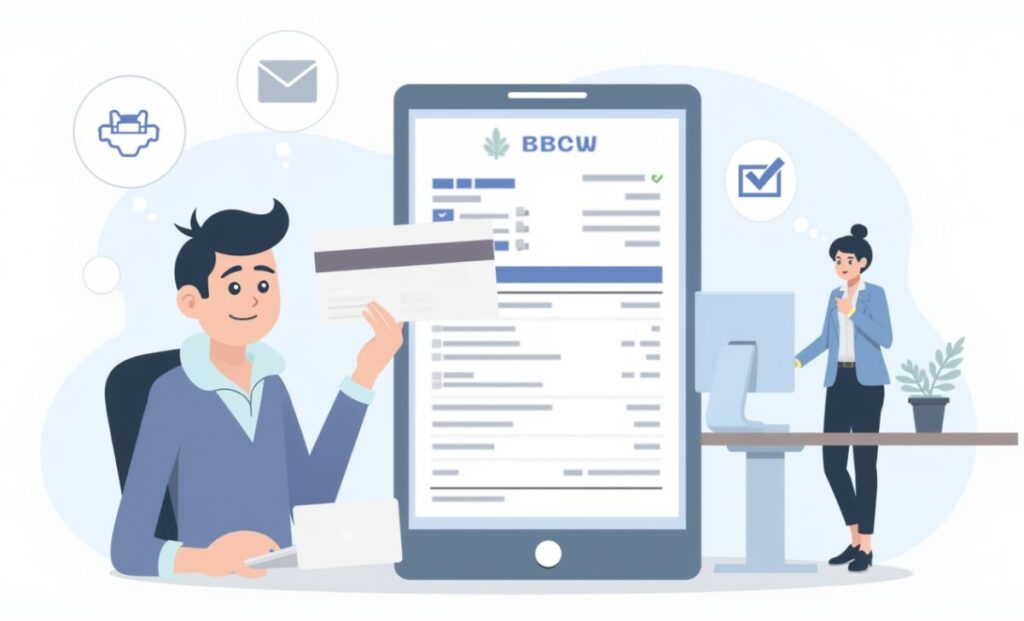
Spotting an unexpected charge labeled BBCW Merchant on your credit card statement can be concerning. While it might be legitimate, it’s always wise to verify it to ensure your financial security. Here’s a step-by-step guide to help you confirm the charge and take any necessary action.
Step 1: Review Your Recent Transactions
Start by scanning your recent purchases and subscriptions. Ask yourself:
- Did I make any online purchases that align with the date and amount of the BBCW charge?
- Do I have any recurring subscriptions (like streaming or software) that could explain it?
- Did I buy from any international or unfamiliar retailers recently?
Often, the answer lies in your own purchase history. If you can match the charge to a transaction, you’ve likely found the source.
Step 2: Check Your Emails for Purchase Confirmations
Many online purchases and subscriptions send you an email confirmation upon payment. Do a quick search through your inbox with keywords like:
- “Order Confirmation”
- “Receipt”
- “Thank You for Your Purchase”
Look for any matches in the amount or purchase date to verify if the charge aligns with a recent transaction.
Step 3: Contact BBCW or the Related Merchant Directly
If the charge is still a mystery, the next best step is to contact the merchant or BBCW directly. Some tips to keep in mind:
- Gather Your Information: Before calling, have the transaction details on hand—like the amount, date, and any reference number.
- Explain Your Inquiry: Politely mention that you’ve noticed a charge from BBCW and need help verifying its origin.
- Ask for Confirmation: Request information on the charge, including the specific vendor name associated with it.
Step 4: Use Your Credit Card’s Fraud Protection Tools
Most credit card providers offer fraud protection services that make it easy to identify and manage unknown charges. Here’s how you can leverage these features:
- Report Unrecognized Transactions: If you suspect the BBCW charge is fraudulent, report it through your credit card provider’s customer service or mobile app.
- Dispute the Charge if Necessary: Many providers allow you to initiate a dispute for unauthorized charges, providing extra peace of mind.
Step 5: Enable Alerts for Future Transactions
To prevent future surprises, consider setting up transaction alerts through your bank or credit card provider. These alerts notify you in real time about each charge, allowing you to keep tabs on your spending and quickly catch any unfamiliar transactions, including those from merchants like BBCW.
Step 6: Monitor Your Statement Regularly
Staying vigilant with your statements is one of the best ways to ensure accuracy and spot suspicious activity. Make it a habit to:
- Review Your Statements Monthly: Checking in each month can help you stay on top of all charges and quickly identify any unusual transactions.
- Watch for Patterns: If you notice regular charges from BBCW that you didn’t authorize, it might indicate a recurring transaction that requires attention.
By following these steps, you can confidently verify any BBCW Merchant charges and take proactive measures to safeguard your finances. Remember, staying informed is the best defense against unwanted surprises on your statement.
Disputing Unknown BBCW Merchant Charges
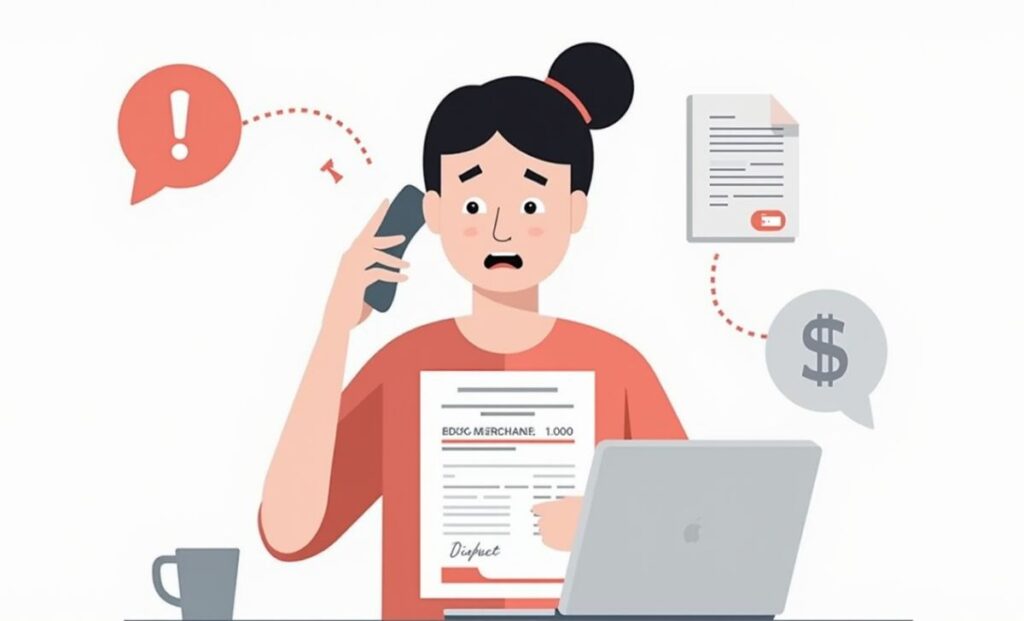
Finding an unfamiliar charge, like one from BBCW Merchant, on your credit card statement can be unsettling. If you’ve reviewed your purchases, contacted the merchant, and still believe the charge isn’t legitimate, it may be time to dispute it. This section will guide you through the steps of disputing an unknown charge, helping you protect your finances and regain peace of mind.
Step 1: Verify the Charge Before Taking Action
Before jumping into a formal dispute, double-check all relevant details. Ask yourself:
- Does the charge match any recent purchases? Look for similarities in the date and amount with anything in your transaction history.
- Have you checked all linked accounts? Sometimes, family members or shared accounts might be the source of a charge.
- Have you reviewed small print or terms? Some subscriptions or memberships might use generic billing names like BBCW, especially for renewals.
Step 2: Contact Your Credit Card Provider
If you’re confident the charge isn’t authorized, reach out to your credit card provider. Most banks have straightforward processes for disputing charges. Here’s how to proceed:
- Use Online Dispute Tools: Many providers offer dispute options directly through their mobile apps or websites, making it easy to submit a claim without waiting on hold.
- Provide Relevant Details: When contacting customer support, have specifics ready—like the charge date, amount, and why you believe it’s unauthorized.
- Request a Temporary Hold: While the dispute is being reviewed, you can often request a temporary hold on the amount, ensuring you’re not paying for an unverified charge.
Step 3: Submit a Written Dispute if Required
For some banks, a written dispute letter may be necessary, especially if the charge is significant or if initial attempts at resolution have failed. Here’s what to include in your dispute letter:
- Your Account Information: Ensure you include your name, account number, and contact details.
- Charge Details: List the disputed charge(s), including date and amount, and clearly explain why you believe the charge is unauthorized.
- Supporting Evidence: If possible, attach any relevant documents, like purchase receipts or email communications with BBCW.
Step 4: Track the Dispute Process
Once you’ve filed a dispute, your bank typically provides an estimated timeline for resolution. It’s a good idea to keep tabs on your claim, ensuring that any follow-up actions are completed on time:
- Check for Updates: Some banks allow you to view dispute status online, where you can track any developments.
- Respond Promptly to Requests: If your bank needs additional information or documentation, responding quickly can prevent delays in the dispute process.
Step 5: Prevent Future Unauthorized Charges
Finally, if you suspect the charge was due to fraudulent activity, there are steps you can take to protect yourself from future incidents. Here’s how:
- Set Up Real-Time Alerts: As a proactive measure, set up alerts for all transactions. Many banks offer email or text notifications whenever your card is charged.
- Use Virtual Card Numbers for Online Purchases: Some credit card providers allow you to generate virtual card numbers for online purchases, adding an extra layer of protection for your main account.
- Monitor Statements Regularly: Reviewing your statements each month can help you catch unauthorized charges early and avoid future headaches.
Disputing an unknown BBCW Merchant charge doesn’t have to be stressful. By following these steps, you’ll be well-prepared to protect your finances, resolve the issue, and move forward with greater confidence. Remember, it’s always better to act sooner rather than later when dealing with unfamiliar charges on your statement.
Conclusion
In today’s digital world, keeping track of your finances can feel like solving a puzzle—especially when you encounter charges like BBCW Merchant on your credit card statement. But now, with a clearer understanding of what BBCW represents, you’re equipped to identify these charges confidently, verify their legitimacy, and, if necessary, dispute any unauthorized transactions. By following the steps we’ve discussed, you’ll not only gain peace of mind but also build stronger habits for safeguarding your finances in the future.
So, next time you spot an unexpected transaction, remember that you have the tools to uncover its origin. Whether it’s understanding your credit card statement, knowing how to verify charges, or taking quick action to prevent fraud, each step strengthens your financial security. And if you ever find yourself puzzled again, revisit this guide and take control of your financial well-being with confidence. After all, being proactive with your finances isn’t just about managing money—it’s about empowering yourself to make smarter, safer decisions every day.
FAQ
what is bbcw merchant on credit card statement?
BBCW Merchant is a label that may appear on your credit card statement, often representing purchases made through third-party vendors, online marketplaces, or subscription services.
Why does BBCW Merchant appear instead of the actual retailer name?
Companies sometimes use generic merchant names like BBCW to streamline billing processes or enhance security. This can make it harder to identify the exact retailer, but it’s a common practice in the industry.
Is BBCW Merchant charge legitimate or fraudulent?
A BBCW Merchant charge can be legitimate, particularly if you recently purchased online services, subscriptions, or items from international retailers. However, if it seems unfamiliar, it’s wise to verify its legitimacy by reviewing your purchase history.
How can I verify a BBCW Merchant charge?
You can confirm the charge by checking recent purchase receipts, looking through email confirmations, or reaching out directly to customer support for more information.
What should I do if I believe a BBCW Merchant charge is unauthorized?
If you suspect the charge is unauthorized, contact your credit card provider immediately. Many providers offer options to dispute charges and can investigate the transaction for potential fraud.
How can I prevent unauthorized BBCW Merchant charges in the future?
To avoid unwanted charges, consider setting up transaction alerts, reviewing statements regularly, and using virtual card numbers for online purchases, which add an extra layer of security.
Can I dispute a BBCW Merchant charge if it’s unfamiliar?
Yes, you can dispute unfamiliar charges by contacting your credit card provider. Be prepared to provide transaction details, such as the date, amount, and reason for the dispute.
Is it common for international or online purchases to show up as BBCW Merchant?
Yes, many international or online retailers use third-party processors like BBCW to manage transactions, so it’s not unusual for such purchases to appear under a generalized name on your statement.


